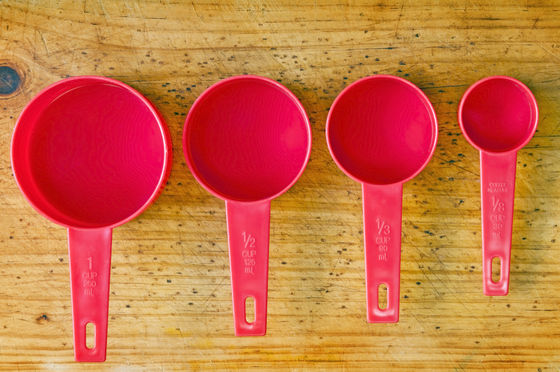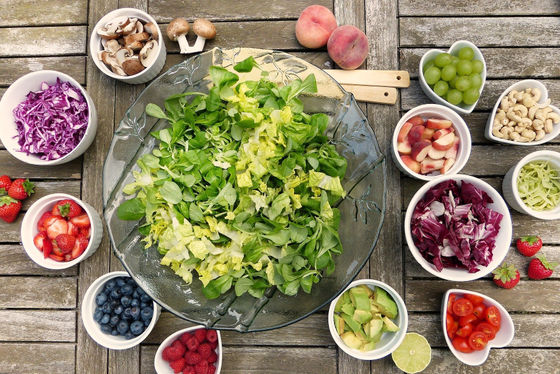Cooking with children can improve not only nutrition but also mathematics and science

The outbreak of the novel coronavirus infection (COVID-19) has closed many schools around the world. Therefore, children are forced to study at home, increasing opportunities for parents to teach their children directly. Claire Collins, a nutritionist
Maths, reading and better nutrition: all the reasons to cook with your kids
https://theconversation.com/maths-reading-and-better-nutrition-all-the-reasons-to-cook-with-your-kids-135813
Collins and others recommend cooking as a subject for home study because the act of 'cooking' has various advantages. The act of cooking according to the recipe when preparing can improve reading comprehension and comprehension. In addition, measuring the size, weight, and quantity of materials is based on a mathematical concept, and it is possible to cultivate the two cores of science: 'inquiry mind' and 'problem-solving ability.'
Basic mathematics skills are essential for accurately estimating the size of ingredients and reading food labels according to recipes. In addition, in order to create a dish, it is necessary to compare, measure, and arrange food ingredients by using measures such as weight, length, area, and volume. Collins et al. Explain it as a method. In addition, it is possible to teach children practical calculations such as 'try to prepare 250 ml of water in a 62.5 ml cup' when cooking together.

According to a
Furthermore, Collins and colleagues point out that they can learn ' food education ' by cooking by themselves. Explaining that it is possible to learn the basics of nutrition by teaching 'which ingredients are healthy and unhealthy'. He also explained that by carrying out cooking training and crop cultivation training classes at school, students can acquire knowledge of nutrition and improve the nutritional balance of meals.
'Food education' is an important concept in the growth of children. The Ministry of Agriculture, Forestry and Fisheries is conducting educational activities for food education on pages such as “ Guidelines for dietary habits ” and “ Food balance guide ”, but in recent years the number of children who consume junk food etc. has increased due to “ Westernization of food”. There is a current situation. Australians Collins et al. Said: `` One adult in 20 meets the recommended daily intake of'5 cups of vegetables and 2 cups of fruit ', and children under 18 There is only one in 17 people, 'he said, pointing out that many people are not getting the right amount of vegetables and fruits.

According to Collins and others, cooking programs on TV are also good for learning healthy eating. According to a survey of children aged 10 to 12, children watching cooking programs that make healthy meals are twice as likely to eat healthy. There are many children who are interested in eating from the appearance, a survey of 433 subjects in 14 countries found that children who saw beautiful dishes using spinach and fruits `` want to eat this dish '' Is actually confirmed. From this, Collins and colleagues say, 'look is also important for the willingness to eat a healthy diet.'
Related Posts:
in Food, Posted by darkhorse_log







